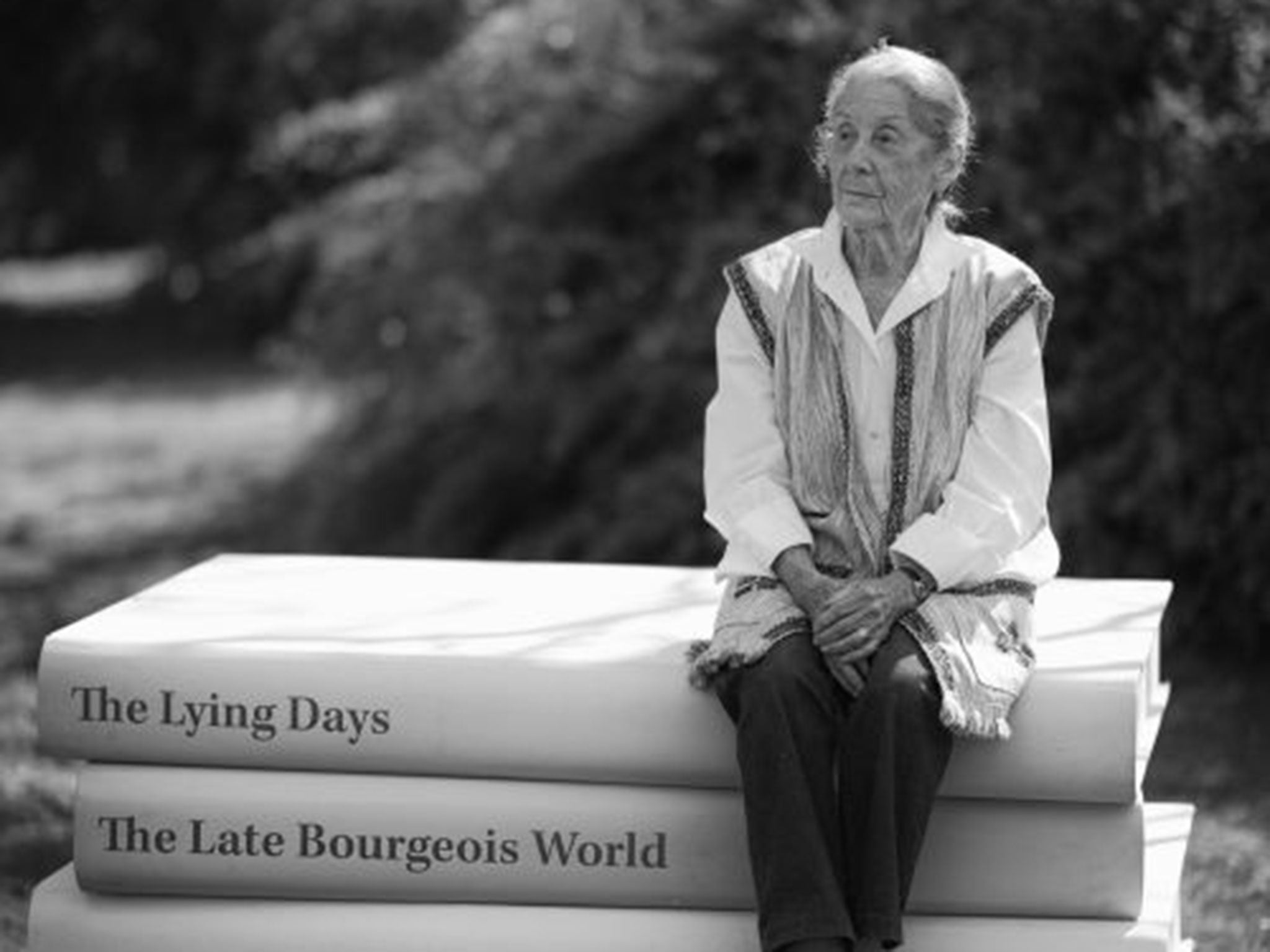IWC Schaffhausen celebrates the 70th birthday of the highly popular novella "The Little Prince" with the launch of two limited special editions during Watches&Wonders in Hong Kong: the Big Pilot's Watch Perpetual Calendar Edition "Le Petit Prince" and the Pilot's Watch Mark XVII Edition "Le Petit Prince". With these, the Swiss watch manufacturer pays tribute to one of the best-selling books in literary history, written by legendary writer, pilot and adventurer Antoine de Saint-Exupéry. Since 2006, the Schaffhausen luxury watch manufacturer has maintained a cordial partnership with Saint-Exupéry's heirs and their charitable organization, the Antoine de Saint-Exupéry Youth Foundation.
Wednesday, September 25, 2013
IWC Schaffhausen celebrates 'The Little Prince'
IWC Schaffhausen celebrates the 70th birthday of the highly popular novella "The Little Prince" with the launch of two limited special editions during Watches&Wonders in Hong Kong: the Big Pilot's Watch Perpetual Calendar Edition "Le Petit Prince" and the Pilot's Watch Mark XVII Edition "Le Petit Prince". With these, the Swiss watch manufacturer pays tribute to one of the best-selling books in literary history, written by legendary writer, pilot and adventurer Antoine de Saint-Exupéry. Since 2006, the Schaffhausen luxury watch manufacturer has maintained a cordial partnership with Saint-Exupéry's heirs and their charitable organization, the Antoine de Saint-Exupéry Youth Foundation.
Monday, September 9, 2013
South Africa celebrates Nadine Gordimer
On Sunday September 8, 21 Icons South Africa is proud to celebrate the first artist in the series: novelist and short-story writer Nadine Gordimer. She is the fourth Nobel prize winner featuring in 21 Icons South Africa, having won the prestigious prize for literature in 1991. The other three are former South African presidents Nelson Mandela and FW de Klerk, who received the peace prize jointly in 1993, and Archbishop Emeritus Desmond Tutu, who was the recipient of the 1984 peace prize.
Labels:
Books
Subscribe to:
Comments (Atom)

